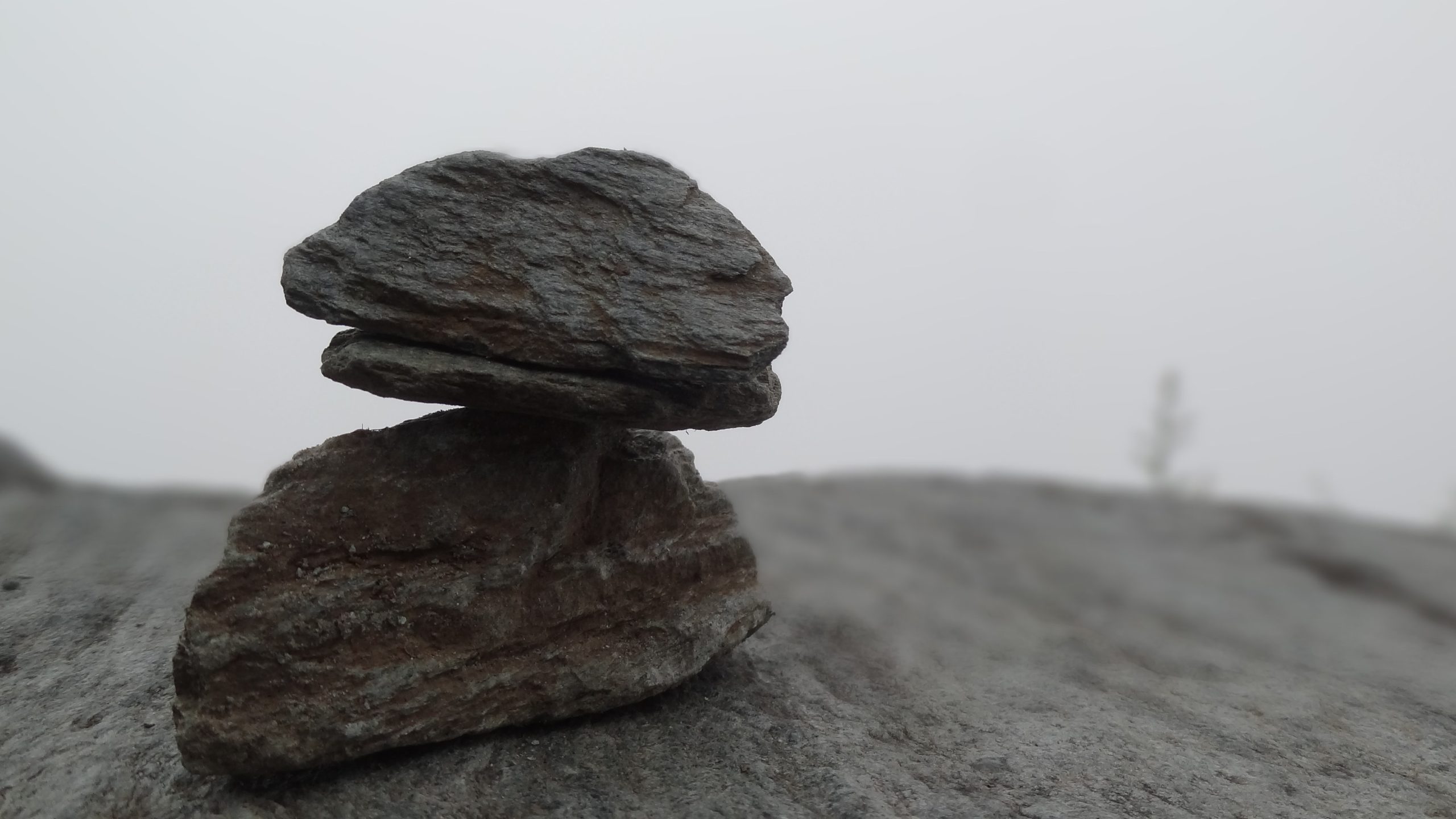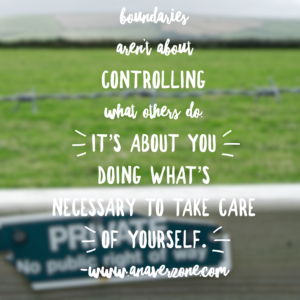 I was hiking toward a forest of knotty, twisted, magical trees, many of which are over 2000 years old, and the oldest of which is over 4773 years old. I wondered what it takes for a tree to live that long.
I was hiking toward a forest of knotty, twisted, magical trees, many of which are over 2000 years old, and the oldest of which is over 4773 years old. I wondered what it takes for a tree to live that long.
 Most of us would enter into some kind of personifcation and think of things similar to what make strong, beautiful humans: good food, water, a comfortable environment, and if we’re lucky, maybe even good parents and friends. Plus good genes.
Most of us would enter into some kind of personifcation and think of things similar to what make strong, beautiful humans: good food, water, a comfortable environment, and if we’re lucky, maybe even good parents and friends. Plus good genes.
For these ancient trees, we might think they need good soil, a temperate climate, ample water, good (but not harsh) sunlight, and not too much exposure to harsh winds or bad storms.
The truth, however, is that we would be utterly wrong.
I learned that contrary to what you might think, the oldest living trees on earth grow at elevations between 9,000 to over 11,000 feet – in high desert. The oldest trees grow on outcrops of dolomite, a low nutrient soil. There are high winds. Harsh temperature variations. Periods of long drought. And they only grow here.
These trees were babies and growing at the time stone axes were being used in Europe, the Great Pyramids were being built, and when clay tablets were being used in northern Syria.
Holy shit, right? That’s some serious living…And they didn’t need the easy life.
What if we’re just as wrong about what makes strong, beautiful humans?
I sat with this tree you see in the photo (photo credit: Elliot McGucken), and marveled at the miracle of life it was a symbol of. So beautiful and resilient in such a harsh environment. The things that tree must have seen because it was willing to…endure.
I wondered what would have happened to this tree if it thought that it “should” have been born somewhere…easier. Nicer. Gentler. Or if it thought it should be bigger. Straighter. More green.
After all, it’s what most of us humans do.
We wonder what life would be like if we had different parents, a better partner, a kickass job, a bigger house. If we lived closer to the beach, the mountains, a cultural epi-center, or a river. If we had more money. A tighter butt. Skinnier hips. A higher IQ. If we could climb 5.13 or paddle Class V.
I bet if that tree had all those thoughts, “shoulding” on itself, it would have shriveled up at the first hard drought. Or gotten toppled over at the first big storm, not having bothered to put down strong roots in such an unrelenting place.
That’s often what happens to humans who think, “Poor me.” They give up.
But this tree didn’t think that way. Or maybe it didn’t think anything at all. It just kept living, doing what it takes. Making the best out of what it has. Knowing, trusting, this is exactly where it should be.
These trees loves it here. So much so, that they can’t grow in rich soil or kinder, gentler places. They need these challenges to thrive.
What if humans “thought” more like this tree. What if we didn’t question if who we are or what we have is enough?
What if we thought, “This is exactly who I am supposed to be. I am perfect for this life of mine. This is exactly what is supposed to be happening. I am exactly where I am supposed to be. I was born to be right here, right now. I can do this. I’ve got this.”
I bet life would be different. I bet we’d be a whole lot happier. A whole lot nicer, more productive, and energetic. A whole lot…better off.
Some might argue, “Yeah – and we’d also have no development or evolution or progress for those of us stuck in shitty situations.”
Nah. Those are just more excuses for not choosing to be happy. When we are happy, we are actually open to more innovation, more options, more creativity. When we are happy, we can more easily generate more happiness.
When we endure, when have have survived and learned from getting through challenging times (instead of complain about it and wish things were different), we evolve, we adapt, we are resilient, and we are more confident.
We’ve done hard things. And instead of running from them, we aren’t afraid of them. We take more risks, we think big, We don’t shrink back.
We say, “Bring it on!”
Happiness is a choice. I had a Tibetan spiritual teacher that told me, “If you wanted to, you could be happy Just. Like. THAT!” And he made a dramatic snapping of his fingers high up in the air.
I just stared at him. I had no freakin’ clue how that was supposed to happen.
He told me I had to learn to direct my mind. Think different thoughts. To know that I create my own experience of reality. I needed to turn my suffering into happiness. WTF?
Fast-forward 26 years later, and I think I am starting to get it. This tree…this hella old, knotty, beautiful tree gets it.
Being happy is not easy. But I’m starting to believe that it is actually that simple.
We humans need to experience hard things to grow into something of a true work of art…a beautiful, twisted, gnarled and hearty human being whose life is their masterpiece. If we didn’t suffer, we wouldn’t grow and adapt and be pushed to rise up to the occasion.
We would not learn what we are made of.
This tree was not born wondering if it could make it. We, being silly humans, often do.
Know that you can.
Know that if you weren’t able to handle what you’re in, it would not be happening.
What’s going on in your life that you’d rather have…go away?
If you can actually make it go away, then by all means, do that.
But if you can’t, if you are truly not able to change what’s going on right now, what would happen if you chose to feel better about it? What if you chose to think differently about it so that it served you instead of ate you up?
This, my friend, could be a game-changer.
You’ve got this.
***
Ready to dive deeper into this? Check out Freedom School and see what everyone’s obsessed about. It’s not just group coaching. It’s a mindset revolution that you won’t want to miss.










